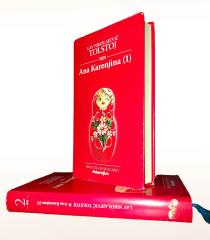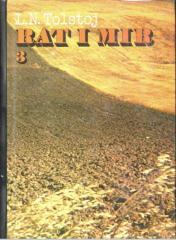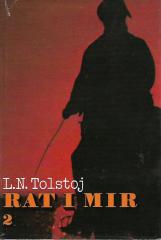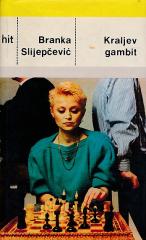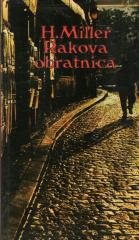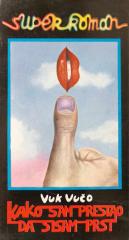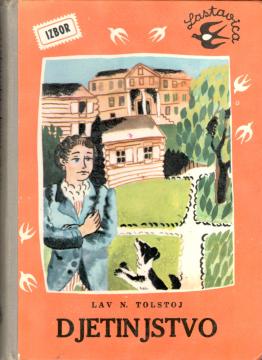
Djetinjstvo
„Detinjstvo“ (1852) je prva knjiga autobiografske trilogije (uz Odrastanje i Mladost), gde Tolstoj istražuje svet detinjstva kroz oči desetogodišnjeg dečaka, Nikolinke Irtenjeva – nevinost, radosti, tuge i prve traume.
Roman, podeljen u četiri ciklusa (u selu, u gradu, u pansionu, letnji raspust), spaja lirski realizam sa dubokom psihološkom analizom, uspostavljajući Tolstojev stil. Nikolinka idilično živi na selu sa ocem (raspuštenim plemićem), blagom majkom, bakom, sestrom i bratom Volodjom. Svakodnevni život je pun igara, časova sa nemačkim guvernerom Karlom Ivanovičem i ljubavi prema prirodi.
Ali smrt majke donosi prvi veliki bol: dečak pati u tišini, osećajući ljubomoru i nemoć. U Moskvi se susreće sa aristokratskim društvom, gde se suočava sa lažnom atmosferom i društvenim razlikama. U internatu pati od zlostavljanja vršnjaka i nastavnika, tražeći utehu u fantazijama. Letnji raspust na imanju donosi radost: flert sa dvanaestogodišnjom Natalijom, plesove i osećaj sreće, ali i predosećaj gubitka detinjstva.
Tolstoj majstorski prikazuje unutrašnji svet deteta – od euforije do egzistencijalne tuge – bogatim opisima prirode i porodičnih rituala. Delo kritikuje aristokratiju, ali slavi čistu ljubav i empatiju. Klasično štivo, inspiracija za globalnu književnost o odrastanju.
One copy is available
